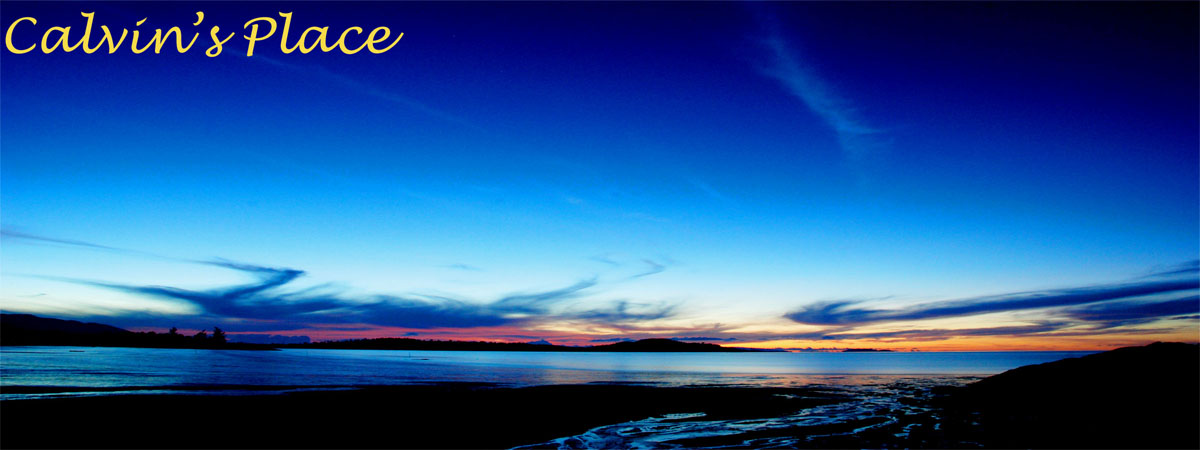

Victorious in battle, he went from soldier to statesman, and created a new Japan from the ashes of war.
The task of reconstructing Europe after World War II was divved up among the handful of victorious nations. But in the Pacific, the job of rebuilding Japan fell, effectively to a single man: General Douglas MacArthur. And for five and a half years, the Supreme Commander of Allied Powers ruled from his office at the Dai Ichi Life Insurance Building in central Tokyo with an imperiousness to make emperor blush as he sought to transform Japan from theocratic military dictactorship into a liberal capitalist democracy.It was an exercise without precedent and, more than half a century later, it remains the most successful postwar reconstruction in history. Despite formidable flaws, MacArthur was a compassionate conqueror, a wise administrator and, more than anyone, the man responsible for setting Japan down the path toward becoming the free, fair and prosperous economic superpower today.
As Japanese leaders signed the instruments of surrender aboard U.S.S. Missouri in Tokyo Bay on Sept 2, 1945, the task before MacArthur was enormous. Approximately 3 million Japanese had died, countless more were injured, and an estimated of 9 million were homeless. Even before atomic bombs leveled Hiroshima and Nagasaki, Allied firebombing had reduced dozens of Japanese cities to rubble. But filled with a missionary, even a messianic, zeal, MacArthur aimed not just to restore the country's infrastructure and industry, but to perform a full-scale overhaul of its social, political and moral fabric. Within months of taking command, he had loosened restraints on political expression, bolstered labor's right to organize, dismantled state-run monopolies liberalized school curriculums, extended the vote to women, and directed the American team that, in six epic days, forged Japan's pacifist constitution-which has yet to be amended.
MacArthur's reign was not without its fault. Vain, arrogant and stubborn, he brought a neocolonialist's sense of superiority to his effort. And because MacArthur felt he needed Hirohito to confer legitimacy on the U.S. occupation on Japan, he proctected the Emperor from any investigation of his role in the nation's assault on the rest of Asia. Still, MacArthur transformed a belligerent nation into a responsible member of the international community. For that, Japan-and the world-owes a great debt to a victorious warrior who truimphed in peace. - By Jim Frederick of TIME, 60 years of Asian Heroes.
Monday, November 27, 2006
General Douglas MacArthur...Supreme Allied Commander of the Pacific Fleet, WW II
Posted by
Calvin's
at
5:05 PM
![]()
Subscribe to:
Post Comments (Atom)

0 comments:
Post a Comment